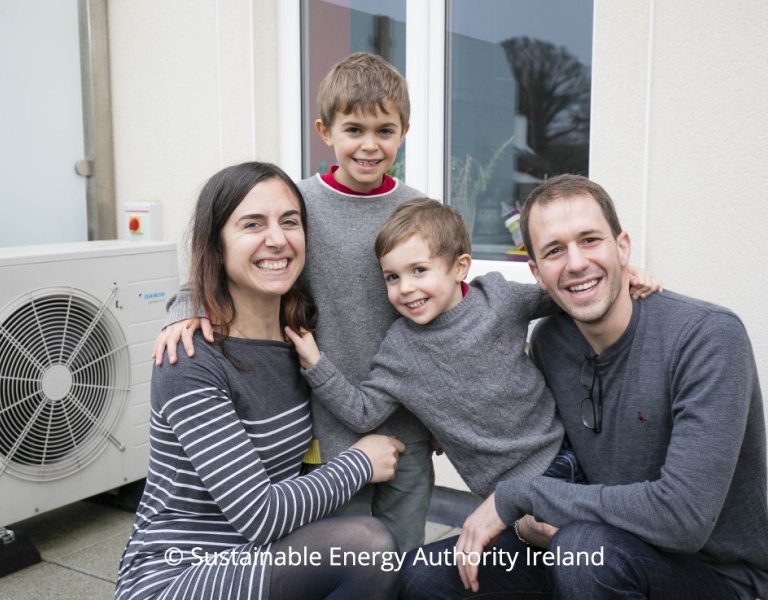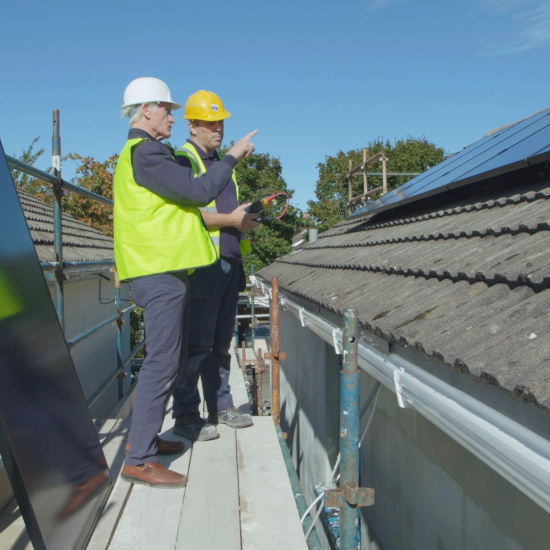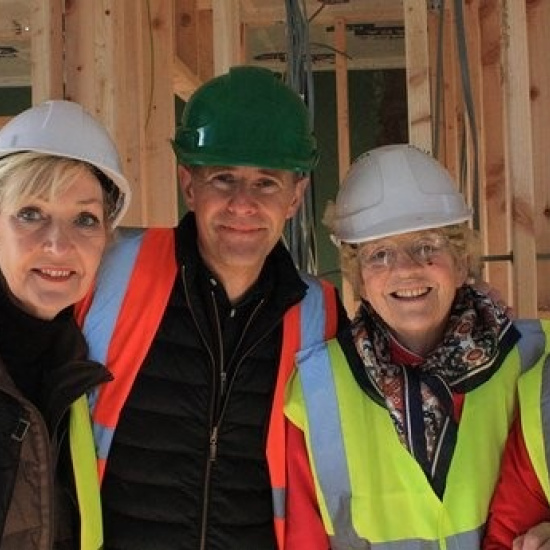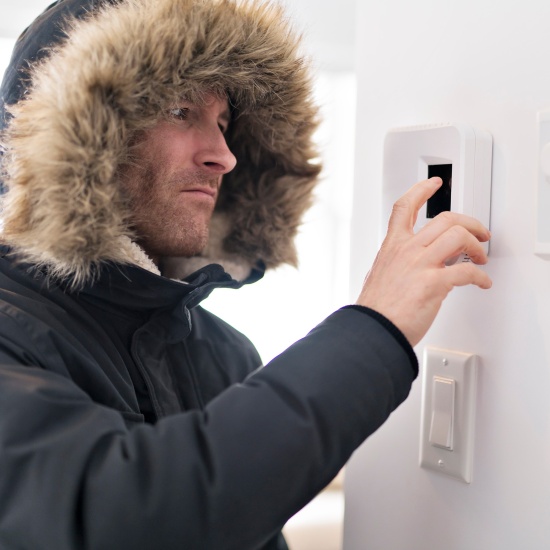Review of Heat Pumps in Ireland
Are you thinking about getting a heat pump? We spoke to some people who already have a heat pump in their home.
Heat pumps are an environmentally friendly and extremely efficient alternative to oil, gas, solid fuel and conventional home heating systems. The most common heat pumps work by converting energy from the air outside of your home into useful heat inside, in the same way a fridge extracts heat from its inside.
Cathal and Siobhan Jennings bought a new house in west Dublin in early 2018. The house already had a heat pump which they are finding very different to a conventional boiler. "I find it very good. I needed to become familiar with the control panel, so I could understand what the various symbols were telling me but this was not difficult. It is easy to use, mainly because once the system has been set up correctly, the user is supposed to leave it alone. It is designed to stay on 24/7 and this is one of the big differences from a conventional system", says Cathal.
"The other big difference is that the user sets the thermostat to an ambient 19-20 degrees and the house is designed to regulate itself to that temperature. The radiators never get hot - they stay lukewarm most of the time. This means that the house does not get hot, but it never gets cold either", he continues.
Heat pumps work best when your house is well insulated with a low heat loss. Otherwise the heat pump could be quite inefficient. Olivier Neu originally from France has a heat pump in the home he shares with his family in South Dublin. He says, "Before we were in a rented place with storage heaters. Our electricity bill was €70 per month for 50 square metres. In our new house, we are spending €70 euro per month as well but our house is 130 square metres. So our heating is much more energy efficient and controllable". This price covers all utilities.
"The good thing for us was that we saw the savings straight away especially because I set the controls to heat the water during the night when the electricity tariffs are lower. We couldn't do this with storage heaters".
Cathal in West Dublin has also definitely noticed a difference in price from his previous home. "On average, our utilities cost us approx. €60 per month". This is for all utilities and covers combined heating, lighting and cooking. Although he expects this to rise slightly over the winter months he notes that because the house is a new build, it is heavily insulated with no draughts or chimney flues.
Is a heat pump grant for me?
If you are considering installing a heat pump in your home, you should definitely check out the grant offered by SEAI. We hope to make the transition to renewable technologies more affordable for you and for this reason are offering a grant to subsidise the cost of purchasing and installing a heat pump.
In general, a homeowner will decide on a grant based on their immediate requirements. If their house is cold and draughty, they insulate their homes. If their heating system is due to be replaced, we encourage them to insulate their homes and get a heat pump. SEAI offers grants for insulation too so it's a win-win.
Heat pump grants are available for homes built and occupied before 2011. In order to qualify, the house must be well insulated with low heat loss. If you are renovating or upgrading - you may like to get a combination of grants. See here
Houses built after 2005 are likely to be heat pump ready
Houses constructed after 2005 are generally well insulated and have a low heat loss. This makes them heat pump ready. If you are replacing a boiler or thinking of renovating your home, we strongly recommend you install a heat pump rather than a gas or oil dependent system.
For Olivier, he concludes that a heat pump has made him more engaged with the energy use in his home, "We are happy that we are not using fossil fuels and are doing our part for the environment. For anyone doing a renovation, I would definitely encourage them to consider a heat pump as it is a great way to maximise the energy performance of your house".





